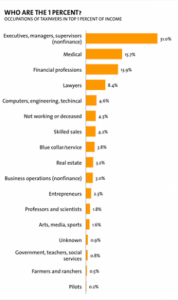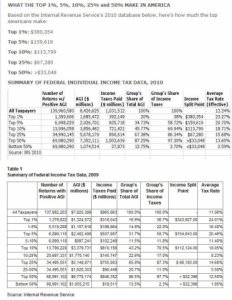- Joined
- Jun 29, 2011
- Messages
- 1,723
I will admit, it's not as finance-heavy as I assumed it would be.
http://www.washingtonpost.com/blogs/ezra-klein/post/how-the-top-1-percent-made-its-money-in-two-charts/2011/10/11/gIQAXL4acL_blog.html

http://www.washingtonpost.com/blogs/ezra-klein/post/how-the-top-1-percent-made-its-money-in-two-charts/2011/10/11/gIQAXL4acL_blog.html






300x240.png)